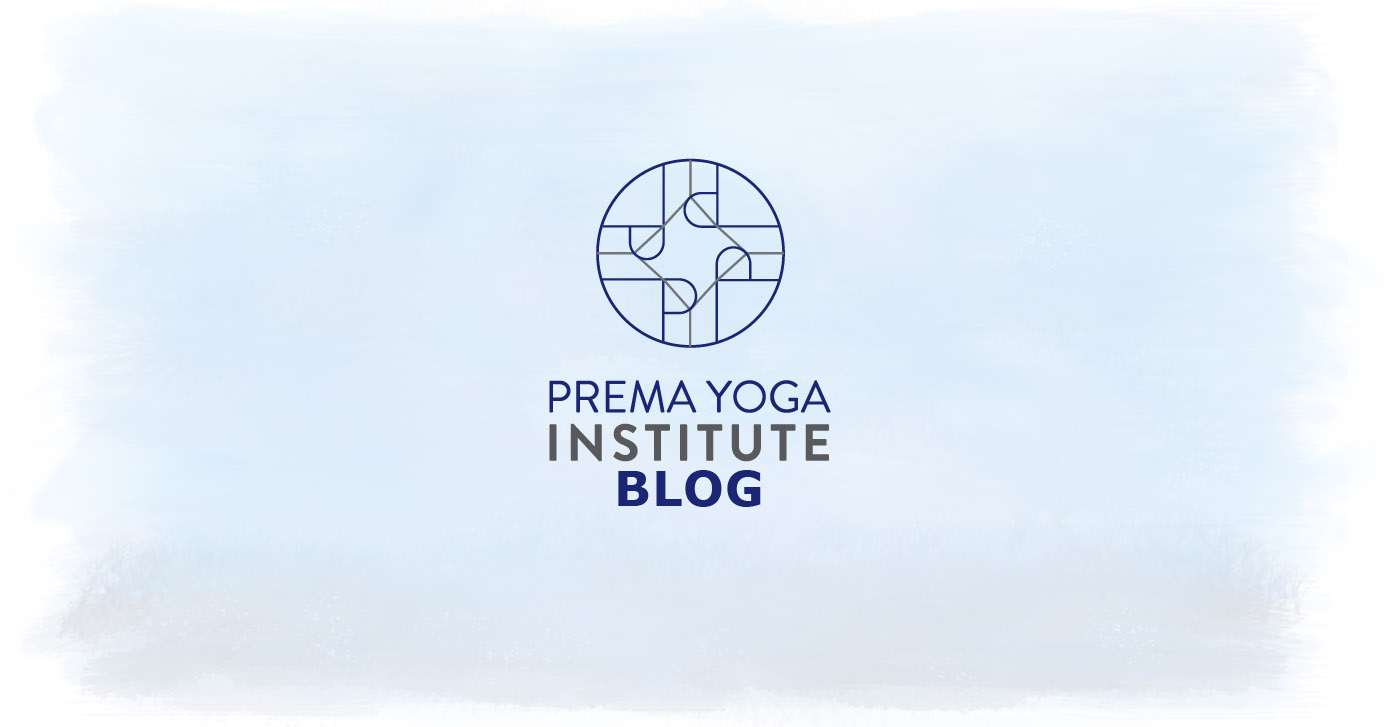
A Yogi's Perspective: COVID-19
The United States diagnosed its first COVID-19 victim in early January 2020. My concern and curiosity for this person still exist today.
The CDC confirmed the United States has the most massive death toll in the world. More than 45,000 have died in the U.S. due to the spread of COVID19, and growing (at the time of publication). The once, mysterious pneumonia that sickened dozens in Wuhan China is a pandemic and has literally taken our breaths away.
Behind every documented number, there is a name, a person, a death. Health-care workers, teachers, our precious elders in nursing homes, athletes, politicians, police officers, grocery store clerks, transit workers, parents, and their children, our grief has had no boundaries. We are living in unprecedented trauma.
The United States diagnosed its first COVID-19 victim in early January 2020. My concern and curiosity for this person still exist today.
The CDC confirmed the United States has the most massive death toll in the world. More than 45,000 have died in the U.S. due to the spread of COVID19, and growing (at the time of publication). The once, mysterious pneumonia that sickened dozens in Wuhan China is a pandemic and has literally taken our breaths away.
Behind every documented number, there is a name, a person, a death. Health-care workers, teachers, our precious elders in nursing homes, athletes, politicians, police officers, grocery store clerks, transit workers, parents, and their children, our grief has had no boundaries. We are living in unprecedented trauma.
As yogis, we know our yamas (social restraints) and niyamas (self-discipline). In the Yoga Sutras, our definitive collection of 196 Sanskrit texts, written between the second century BCE and the fifth century C.E., outline the eight limb paths of the purification of mind and body for yogis.
The Eight Limbs, including the yamas and niyamas, are asanas (postures), pranayama (breathe work), pratyahara (sense withdrawal and non-attachment), dharana (concentration), dhyana (meditation) and samadhi (the realization of the true self).
These fundamental philosophies are our guides to relate and make our way through the world. They are a yogi’s path to cultivating a steady mind and calming bliss. We share these spiritual, areligious philosophies with our students through lessons of mindful meditation, the physical practice of our asanas, and the instruction of conscious breathing.
Yet never in our lifetime have our challenges been so grave. Here, we know pratyahara, the conscious withdrawal of the senses — has profound meaning beyond its simplistic translation of detachment from life. As this pandemic unfolded here at home, we've responded, not with rigidity of emotion. On the contrary: We pushed aside our fears of closed studios, loss of sole proprietor incomes, canceled events, and most significant the fear of COVID-19.
We've rallied. As we found solace in our teachings, the practice of pratyahara enabled us to make space between the world around us and our responses to it. It didn't mean running away, because we don't get to exist in this world without the pain and discomfort that comes with it, but we do get to choose how we react to it.
Like nature, we have found a way – through our cell phones, Facebook, Instagram, Zoom, on our balconies, we found a way -- and we made yoga available to everyone! Black, brown, white, low-income, and affluent communities, we choose how to respond.
The images. We all have them. They play over and over again in my head. Sometimes closing my eyes just for a few seconds breaks my heart. A bus driver, an average guy, responsible father, dedicated employee, merely doing his job, dead, COVID-19. One man, times 41,000+, and counting. Debating how and why we got here doesn't respond to the crucial need for yoga practitioners at hand.
Our yoga challenge is embracing our intentions while learning to be uncomfortable with our fears, offering calm when we all need it most. Let's continue this conversation. How are you sharing your light?
___________________________________________________________________________________
Renee Harriston is Yoga Therapist Candidate at Prema Yoga Institute. She teaches Therapeutic Yoga at Kula For Karma, a stress management program to those recovering from mental health, trauma, and addiction challenges. Renee is a Graphic Artist and former Journalist for CBS and NBC News.
.


